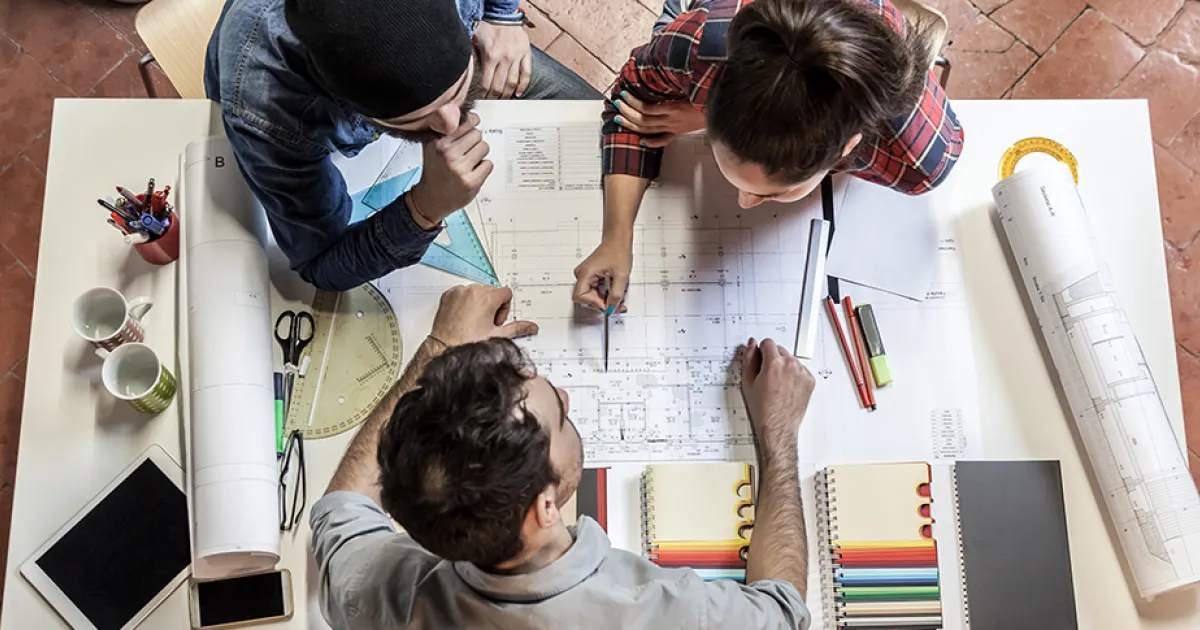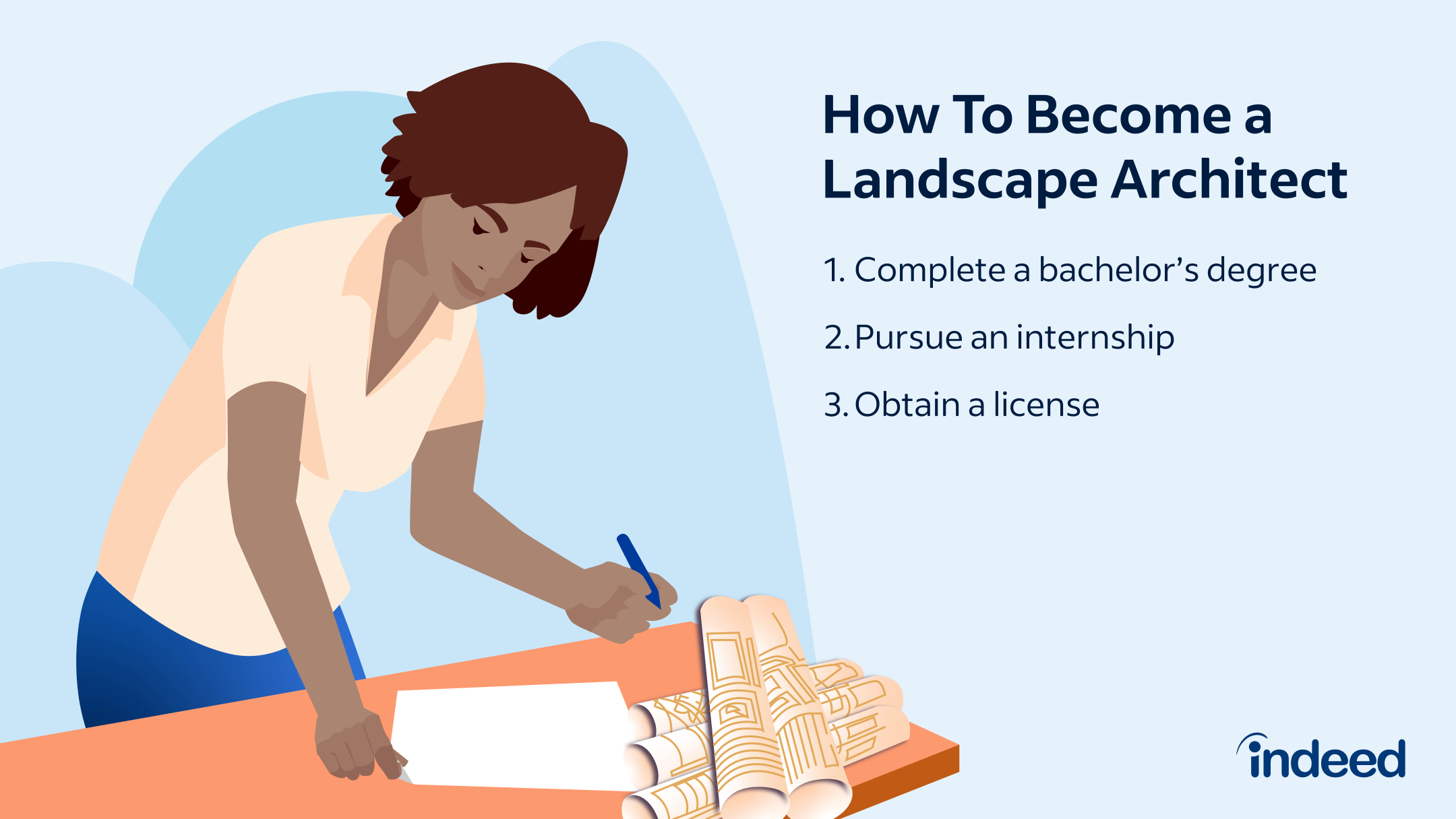Discover the Vital Skills and High Qualities Every Architect Should Possess
As an engineer, you know that success in your area surpasses just technological skills. It's about blending creativity with practicality, promoting cooperation, and managing jobs successfully. Each quality plays a critical duty in your capacity to design areas that inspire and operate well. What are the particular abilities that can absolutely set you apart? Allow's explore the important attributes every Architect need to grow to flourish in this ever-evolving occupation.
Imagination and Technology
Creativity and innovation are at the heart of style, driving the style of rooms that influence and operate perfectly. You'll regularly discover brand-new products, methods, and modern technologies to enhance your designs.
You'll likewise draw inspiration from numerous resources-- nature, art, and even day-to-day life can stimulate fresh ideas. This ability to blend imagination with practicality allows you to address complicated troubles, ensuring your designs satisfy both functional and aesthetic needs.
Solid Interaction Skills
While making remarkable areas requires creativity, strong communication skills are just as important for architects. You need to communicate your concepts clearly to customers, service providers, and staff member. Listening is equally as vital; comprehending your client's vision helps you produce designs that really fulfill their demands.
You'll frequently need to clarify complex principles in such a way that's easy to realize, whether you're providing a proposition or going over products. Effective interaction fosters collaboration, ensuring every person is on the very same web page throughout the job.
Structure relationships is necessary, too. When you establish trust fund and rapport, clients are more probable to share their worries and comments, leading to better results.
Last but not least, don't take too lightly the power of body movement and aesthetic help. They can improve your message and make your discussions a lot more engaging. Strong communication skills not just raise your styles yet likewise reinforce your specialist connections in the architectural globe.
Technical Efficiency in Design Software
As you navigate the ever-evolving globe of style, understanding layout software application ends up being essential for translating your innovative concepts right into concrete strategies. Acquainting yourself with programs like AutoCAD, Revit, and SketchUp will certainly not only enhance your layout abilities however likewise improve your process. These devices permit you to develop in-depth illustrations, 3D versions, and also simulations that can help you picture and offer your ideas better.
Exceling in these software application applications likewise increases your partnership with service providers and designers, as everyone can work from the exact same digital structure. Furthermore, your capacity to adjust to brand-new modern technologies will maintain you competitive in the field. Regularly updating your skills and exploring new functions can set you aside from your peers, ensuring your styles are ingenious and accurate. Eventually, technical effectiveness in design software program is a cornerstone of successful style, aiding you bring your visions to life.
Recognizing of Engineering Principles

Understanding engineering principles additionally allows you to expect prospective challenges early in the layout procedure. You can make educated choices that improve your designs when you're aware of how various materials act under numerous problems. Your layouts ought to not only be aesthetically pleasing however likewise sensible and sustainable.
Additionally, a strong understanding of engineering concepts enables you to introduce within restrictions. You can press imaginative borders while still adhering to safety standards. Ultimately, this understanding enhances your architectural technique and sets you apart in a competitive area.
Task Administration Talents
Efficient task management capabilities are essential for architects, enabling you to oversee all facets of a task from perception to conclusion. You'll require to collaborate with numerous stakeholders, consisting of specialists, customers, and designers, guaranteeing everybody's on the same page. Establishing clear goals, timelines, and spending plans is essential; it helps you keep the job on the right track and within scope.
As a designer, you ought to likewise be experienced in jeopardy monitoring, determining potential concerns before they rise. Solid interaction skills are very important, allowing you to articulate your vision and encourage your group. You'll benefit from being arranged and detail-oriented, as this helps simplify procedures and stay clear of expensive delays.
Furthermore, versatility is crucial; jobs frequently progress, and being adaptable permits you to react properly to adjustments. Ultimately, your project management abilities can substantially influence the success of your building undertakings, guaranteeing you supply top quality results promptly and within budget.
Attention to Information
While handling projects is essential, your interest to information can make a significant distinction in the high quality of your job. Every line you attract, every material you pick, and every tiny spec you note adds to the total success of a job. You require to be precise, ensuring that your layouts not just fulfill visual standards yet also adhere to developing codes and policies.
This caution not just saves you time and sources but additionally develops your reputation as a trusted Architect. Embrace this skill, and let it assist your design process, making certain that your vision is performed perfectly.
Adaptability and Problem-Solving Skills
As an engineer, you'll usually deal with unexpected changes in style and project needs. Your capability to welcome these changes and find cutting-edge services is crucial for success. Staying versatile in your approach not only enhances your analytical abilities yet also keeps your tasks on track.
Accepting Modification in Design
Welcoming change in style is vital for designers, especially when steering progressing client needs and emerging innovations. You need to grow adaptability, as tasks commonly change instructions based on brand-new insights or constraints. Being open to alter permits you to check out ingenious strategies and develop options that resonate with your customers.
When confronted with difficulties, your analytical skills enter play. You'll usually view it need to reconsider concepts and adjust plans on the fly, making sure that the last end result straightens with the customer's vision while fulfilling safety and security and regulative criteria. By being adaptable and resourceful, you not only enhance your styles yet additionally build depend on with your clients, verifying that you can navigate the intricacies of modern-day design effectively.
Innovative Solutions to Challenges

Flexibility in Project Monitoring
While steering the complexities of job monitoring, flexibility ends up being a vital asset for designers. You'll often encounter unanticipated obstacles, from layout changes to budget plan constraints, calling for quick thinking and versatility. Embracing change allows you to pivot your techniques and find innovative options, making sure task success.
Solid problem-solving skills are important; they enable you to examine circumstances, consider choices, and carry out reliable options on the fly. When functioning with varied teams, being open to feedback and alternative ideas fosters collaboration and stimulates creative thinking.
Regularly Asked Inquiries
What Educational Background Is Called For to Become an Architect?
To become an engineer, you'll need at the very least a specialist level in architecture, frequently a Bachelor's or Master's. Getting and finishing an internship licensure via tests is necessary for your profession innovation.
Just How Crucial Is Networking in the Architecture Area?
Networking's crucial in design. It helps you build connections, discover work chances, and gain understandings from experienced professionals. By getting in touch with others, you enhance your occupation leads and remain updated on sector fads and advancements.
What Are the Typical Profession Paths for Architects?
Common occupation paths for architects include style roles in companies, job monitoring, city preparation, and specialized areas like sustainable design. Architect. You could additionally explore teaching or consulting, depending on your experiences and rate of interests
Just How Can Designers Remain Updated With Sector Trends?
To remain updated with market fads, you need to routinely participate in meetings, sign up with linked here professional associations, register for pertinent publications, and involve with on-line forums. Networking with peers likewise aids you acquire understandings right into emerging growths in style.
What Role Does Sustainability Play in Modern Style?
Sustainability forms contemporary style by stressing power effectiveness, resource conservation, and environment-friendly products. You'll produce rooms that minimize environmental effect, boost owner well-being, and react to climate obstacles, making your styles more appropriate and impactful.
While making impressive areas calls for creativity, strong communication skills are just as critical for engineers. Solid communication abilities not just elevate site link your designs but additionally reinforce your specialist relationships in the architectural globe.
Efficiency in layout software application lays the foundation for a much deeper understanding of design concepts, which is necessary for architects.As an engineer, you'll typically deal with unanticipated adjustments in design and task needs.Accepting modification in design is essential for engineers, specifically when guiding evolving customer requirements and emerging technologies.
Comments on “Architect Portfolio Tips for Standing Out in the Industry”